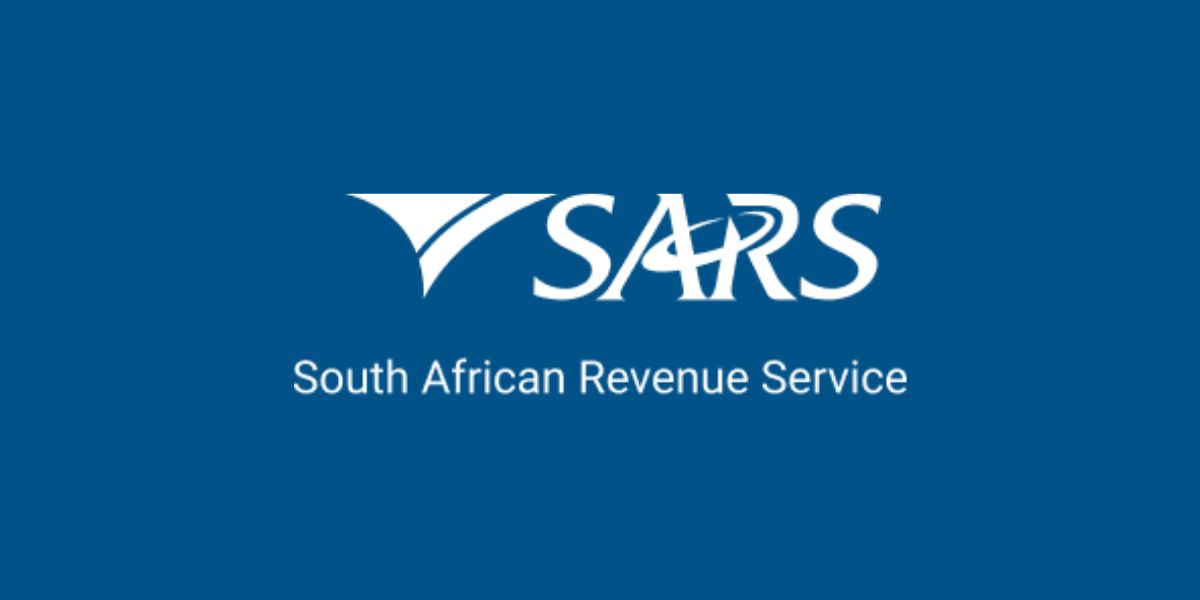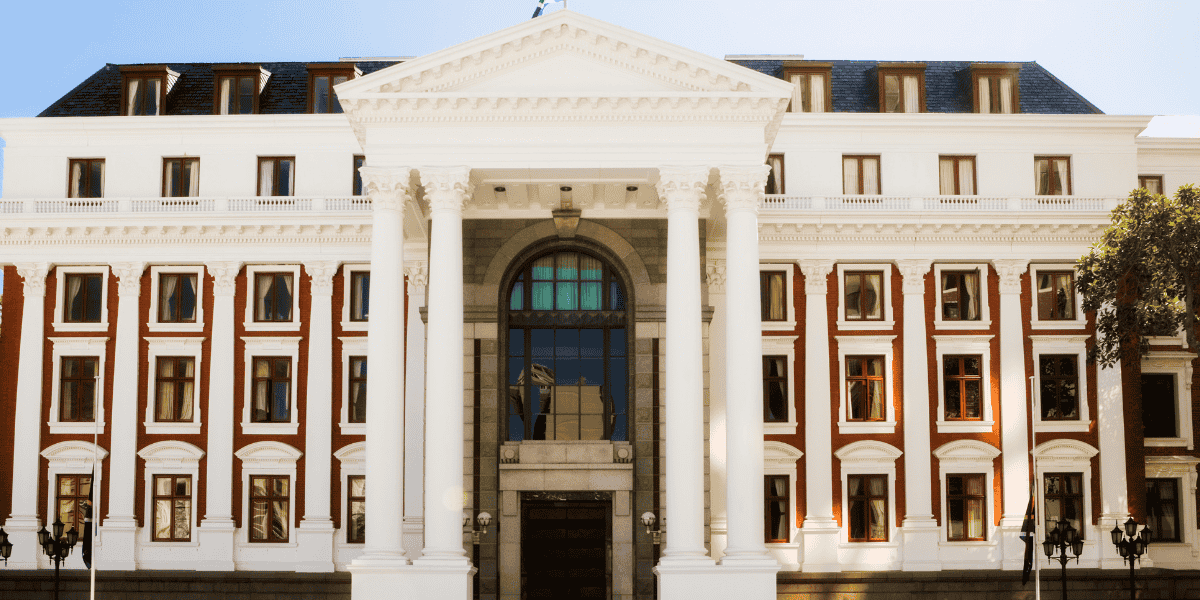The IMF’s Country Focus issued on 2 August 2018 featured an interview with the IMF’s team head for South Africa following a round of consultations there. The discussion focused on transparency and governance issues and the use of digital technology.
The IMF considers that South Africa’s real GDP growth will stay a little below 2% in the medium term which is not enough to improve living standards. Confidence has been weak in recent years and this has led to low economic growth. Potential investors have delayed their decisions to invest and this has impacted job creation. The new government intends to combat corruption and increase transparency and this is part of the economic strategy.
The tax revenue service SARS has been reformed to allow collection of more taxes that were previously lost to corruption.
South Africa has strong laws and institutions that assist combating the problem of weak governance. The political commitment to further governance reforms will also permit reforms related to the product and labor markets, reducing unemployment and inequality. Reforms need to focus on facilitating competition in the production of goods and services, creating more flexible labor laws and improving the business environment to attract investment.
South Africa is leading the digital revolution in Africa and this is allowing greater access by the population to financing through technological tools such as mobile banking. There is also a link between digitalization and governance. The government is now emphasizing electronic payment of taxes to combat the tax avoidance that is a key issue in South Africa. Customs declarations are also performed electronically. The new automated procurement system captures data on the beneficiaries of government contracts, thereby improving governance and increasing inclusivity as more small enterprises can participate in the tender process and obtain contracts.













